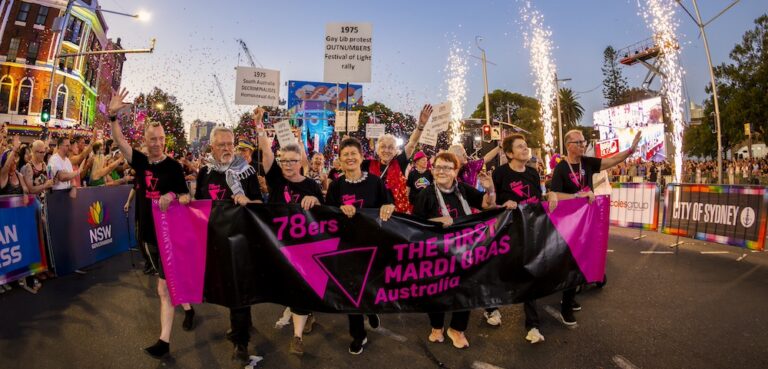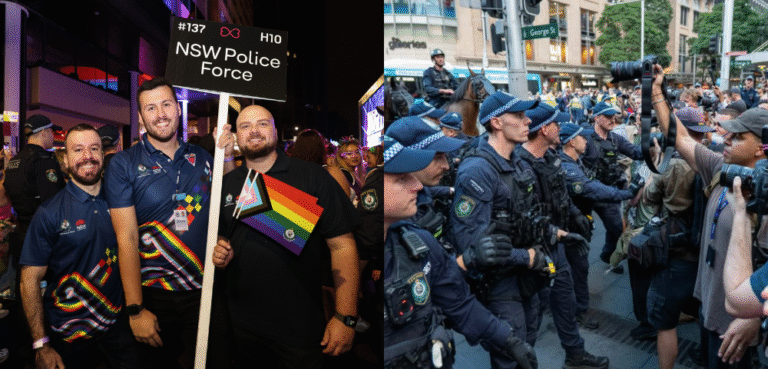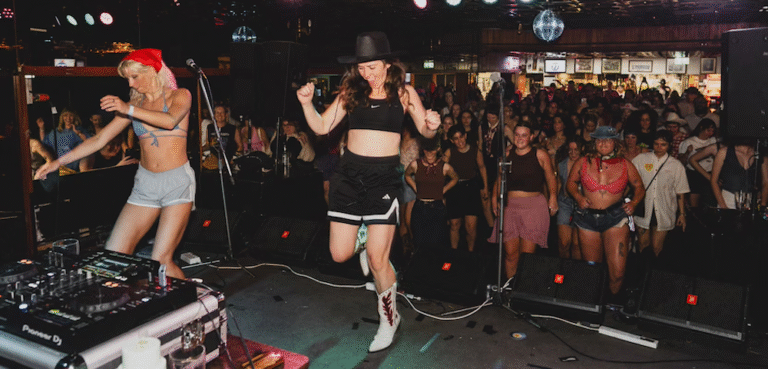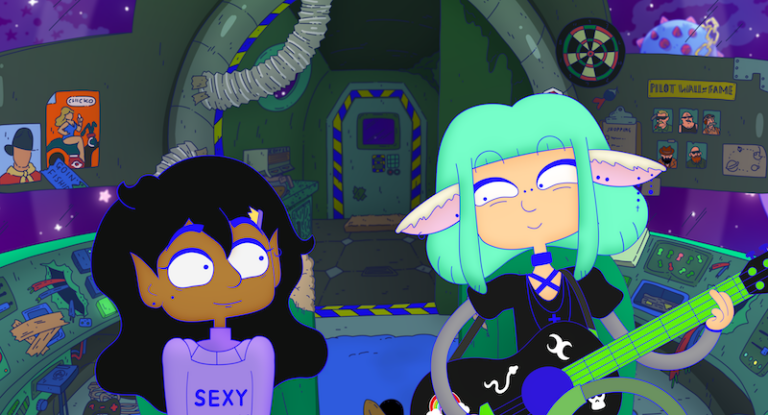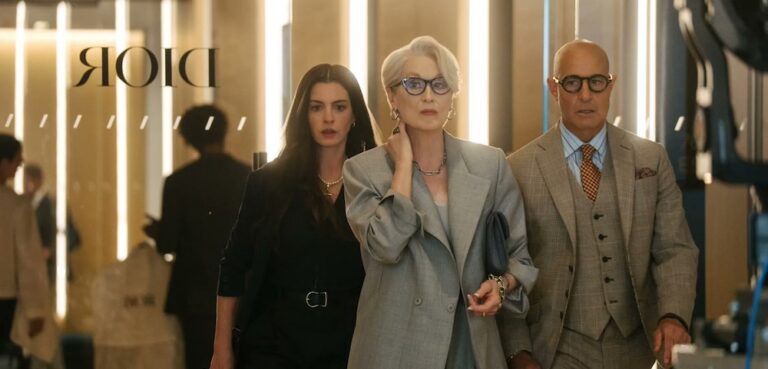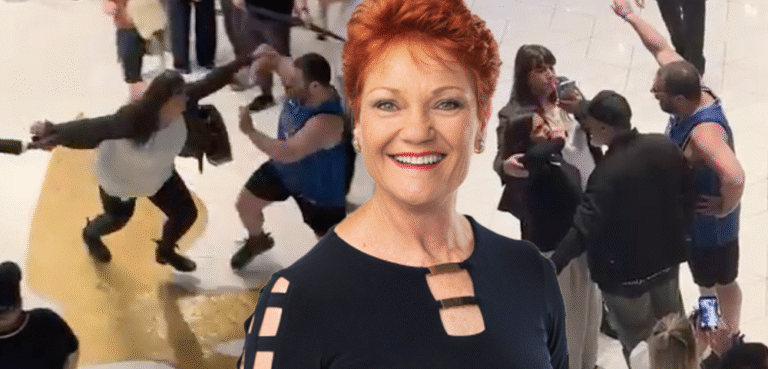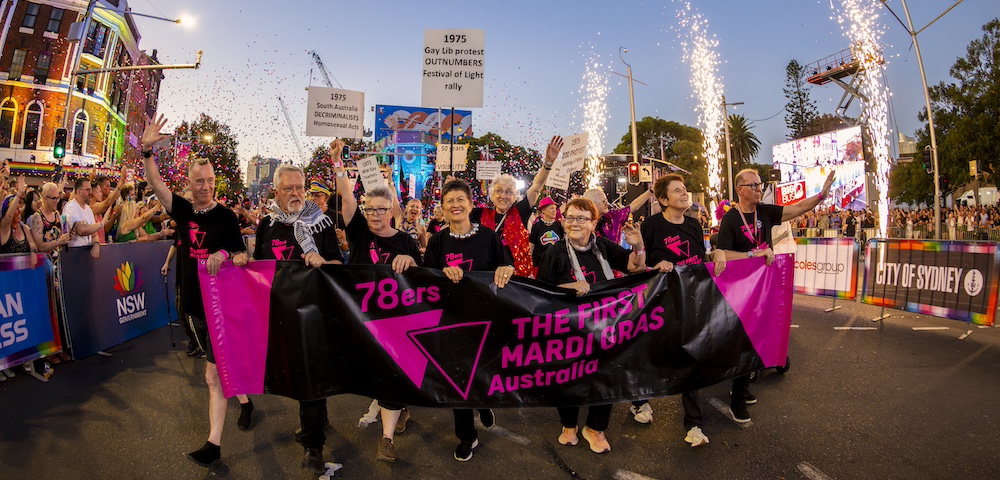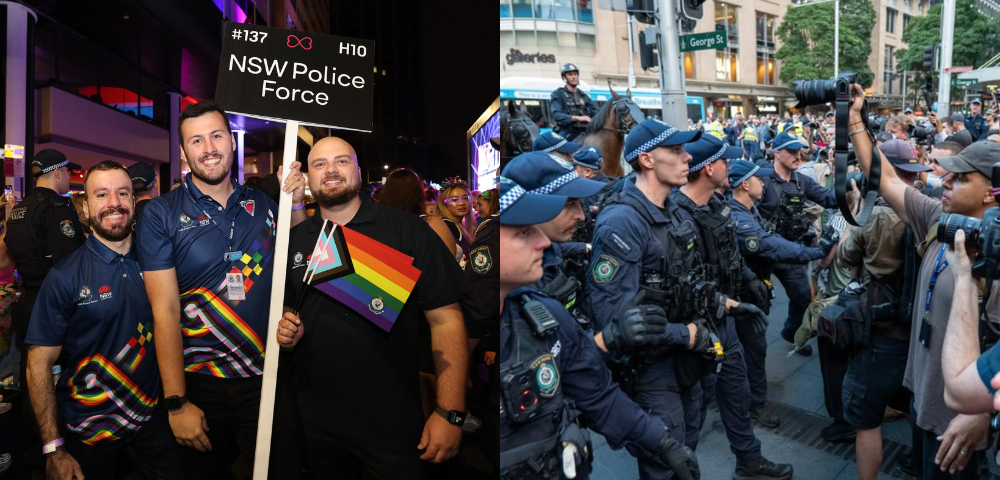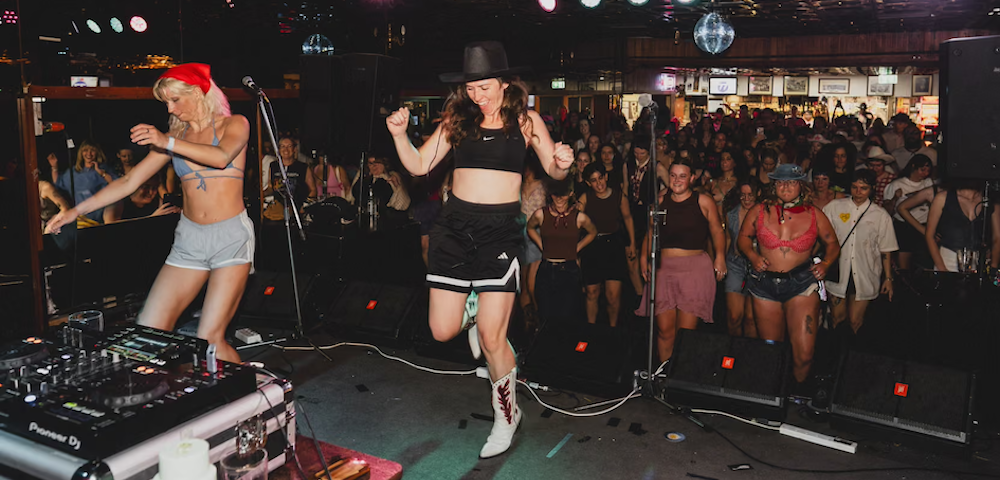
10 films to see at the 2018 Sydney Film Festival
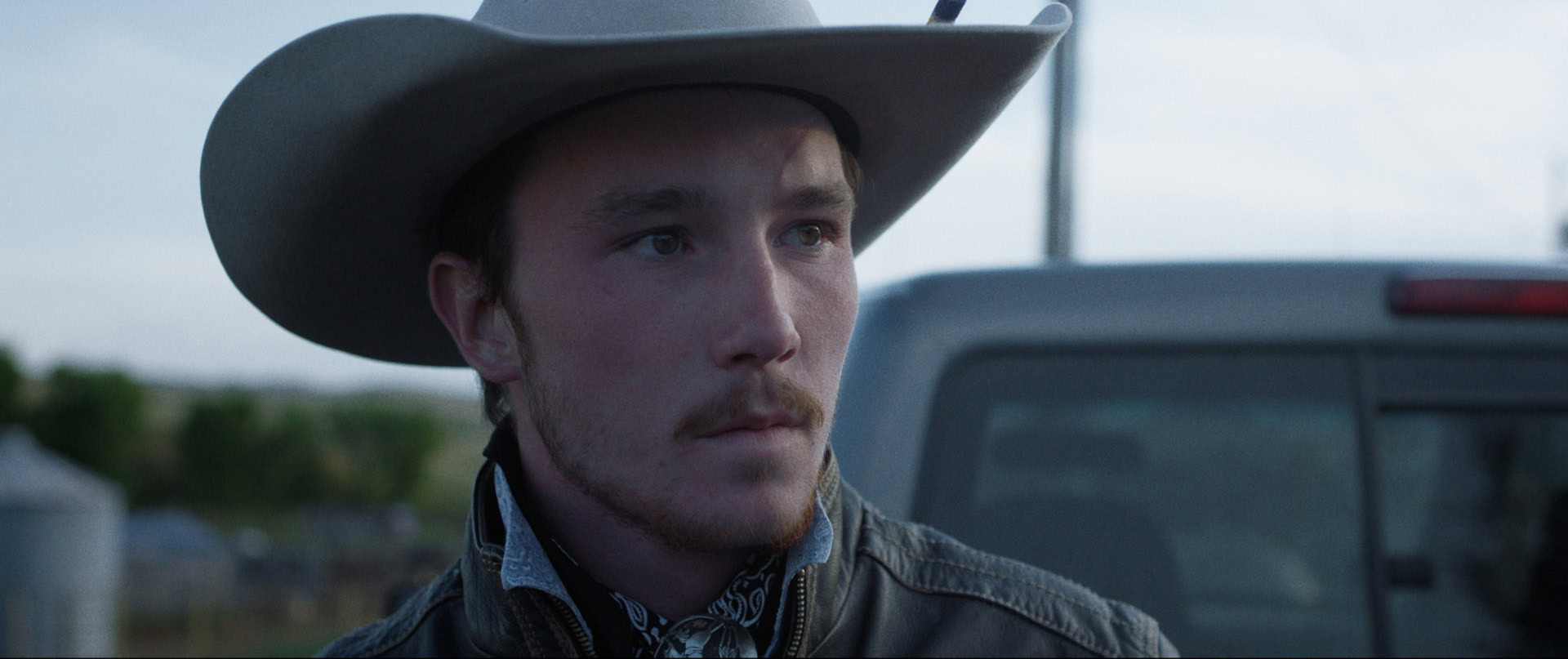
With the 65th Sydney Film Festival just around the corner, our culture writer and film critic Laurence Barber shares the films he’s most excited for at this year’s festival.
* * *
The Rider
This film, about a 20-year-old Native American man who returns to rodeo competitions after an accident in which his skull was crushed, is currently the best-reviewed film of the year. Director and writer Chloé Zhao cast the man, Brady Jandreau, and his family and friends to play versions of themselves in a story about the brutality of emotional and physical recovery from a life-shattering accident. Sharing a cinematographer with last year’s God’s Own Country, The Rider looks gorgeous and moving, like if Kelly Reichardt took her patient, observational eye for life in the midwest and applied it to the traditional American cowboy story.
Lean on Pete
Andrew Haigh is steadily becoming one of the best working directors. After breaking out with the gorgeous gay romance Weekend, he went on to create the excellent Looking and later directed Charlotte Rampling to an Oscar nomination in 45 Years. He returns with Lean on Pete, another story about a boy and his horse. It’s a portrait of life on the fringes, as 15 year old Charley’s (Charlie Plummer) attachment to a racehorse named Lean on Pete, whose usefulness to his owner has almost run out, becomes overwhelming, sending the pair on the run. Co-starring Steve Buscemi and Chloe Sevigny, it’s another chance to experience the brilliant Haigh to weave his warm, observational magic.
Leave No Trace
Winter’s Bone propelled its star, Jennifer Lawrence, to mega-stardom, but that film’s director, Debra Granik, didn’t experience the same career ascendancy. After a putting out a documentary in 2014, she’s finally back in the narrative feature world with Leave No Trace, a drama starring Ben Foster and New Zealand newcomer Thomasin Harcourt Mackenzie. The film follows Will (Foster) and Tom (Mackenzie), a father and his daughter who live off the grid in a large forest park in Oregon, until one day they’re discovered and taken in by social services. As they struggle to adjust to mainstream society, Tom finds herself torn between her love for his father and what she wants for her own life. Granik has a gift for sketching in characters on the fringes of the world, making Leave No Trace a quiet gem to look forward to.
An Elephant Sitting Still
This won’t be for everyone, but this is arguably the most fascinating title at the festival this year. A Chinese drama about four people from a small town whose lives are in varying states of turmoil, An Elephant Sitting Still finds all four transfixed by exactly what the title indicates – an animal at a zoo in the country’s north which sits, quietly, never eating or moving. The film has taken on an enigmatic status, not only for its four-hour runtime, but mainly for its tragic providence – its director, 29-year-old novelist and filmmaker Hu Bo, took his own life in October last year. In the way actors’ deaths can bring curious undertones to their final projects, An Elephant Sitting Still seems to reflect Hu’s own bleak circumstances. Chinese auteurs are making some of the most interesting films today, so do not be perturbed by the length if you’re otherwise curious. You’d be surprised how easily your body adjusts to the languid rhythms of long films (and besides, it’s not like you’ve never binged four episodes of TV in a row without getting up, after all).
The Miseducation of Cameron Post
One of our most anticipated queer films of the year, The Miseducation of Cameron Post is the second feature from writer-director Desiree Akhavan, whose previous film Appropriate Behaviour emerged as a delightful bisexual breath of fresh air in 2014. Moving into more serious territory here, Akhavan’s adaptation of the 2012 novel of the same name won her the Grand Jury Prize at this year’s Sundance Film Festival. Starring Chloe Grace Moretz as a teenage girl sent away to a Christian conversion therapy camp, the film couldn’t be screening in Australia at a more opportune time.
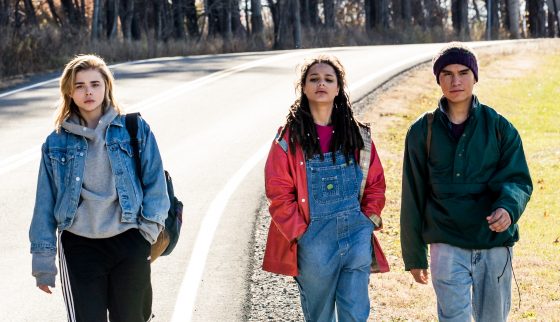
Zama
Another of the year’s best-reviewed films, Zama has been described as a surreal satire of colonialism about a low-rank official steadily losing his marbles in an 18th century Spanish colony. Written and directed by Argentina’s Lucretia Martel – another female director on this list whose latest film has been a long time coming, in part due to a cancer diagnosis – Zama is an oblique, inscrutable film by all accounts, but the joy of film festivals isn’t just seeing good films but being challenged by them as well. Producer Pedro Almodóvar said the film is “like a delicate jewel,” and that “it’s been conceived with its back facing the movies that are being made nowadays.” Zama seems well worth the time and hardship it took to make it.
We the Animals
Sundance’s NEXT strand is designed to showcase up-and-comers, and its latest winner, We the Animals, signals a powerful new voice. Centred on three Latinx brothers growing up in rural New York, the film is a multi-faceted coming-of-age, especially for the youngest brother, Jonah, whose difference becomes all the more pronounced as he begins to discover his sexuality. The three boys also struggle against the whims of their father, played by Looking’s Raúl Castillo, whose volatile presence both entrances and distances his sons. Described as this year’s Moonlight, We the Animals looks visually stunning and promises a unique perspective on queer childhood.
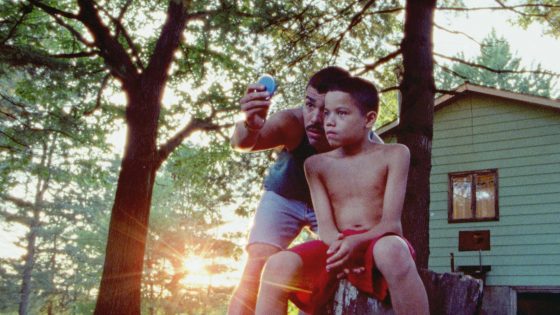
Strange Colours
Rural Australia contains much of the most striking, beautiful landscapes you’ll ever see, and its this backdrop on which Russian-born Aussie director Alena Lodkina’s tale of regional isolation. Milena arrives to Lightning Ridge, a remote opal-mining town in northern New South Wales, to see her ill father Max. They haven’t spoken in a long time. Milena finds herself drawn to one of the miners, as the film explores a part of the country largely uncharted on screen and the way our environment can reflect, or contrast with, who we are.
Mirai
It wouldn’t be a Sydney Film Festival without a gorgeous Japanese animation to look forward to, and this year Mirai is the one we have to look forward to. When four-year-old Kun’s little sister Mirai is born, he finds himself displaced as the centre of his family’s attention. But a magic portal opens in his garden, allowing Kun to time-travel and encounter his family members when they were young themselves, giving him a new perspective on his expanding world. Director Mamoru Hosoda previously made the acclaimed Wolf Children, and his massive success in Japan is surely indicative of the visual and storytelling treat Mirai promises.
The Ancient Woods
Nature documentaries are generally, by design, didactic; a David Attenborough series is built to help you learn about the world. The Ancient Woods promises a different experience as it presents the mysteries of a primordial European forest in exquisite detail – and completely without dialogue. Mindaugas Survila, a Lithuanian biologist-cum-director, spent nearly a decade making the film, spending painstaking weeks on capturing the perfect shots to compose a meditative portrait of nature at its purest, as life’s simplest things – finding food, the changing of the seasons – are elevated to high drama (and occasionally, comedy).
Tickets for the Sydney Film Festival are available now at sff.org.au.
